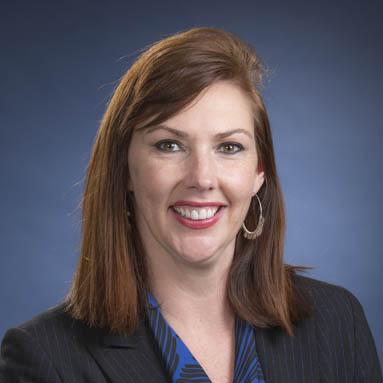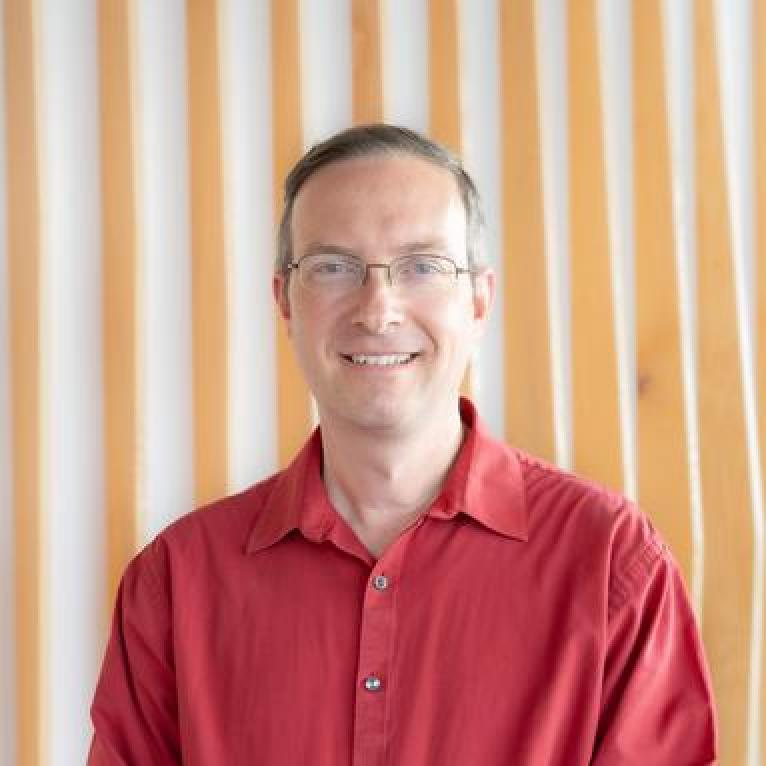Expert Bio
WPI Professor Albert Simeoni is a renowned wildfire expert and leader in fire behavior research. He is at the forefront of understanding the complex dynamics of wildland fires and the critical risks they post to both people and property. His wildfire research focuses on the unusual or poorly understood fire behavior that drives high-impact fires, particularly those that occur in the wildland-urban interface. The increase in the severity of wildland and wildland-urban interface fires leads to an increased impact on people’s lives and their property. His research seeks to improve cutting-edge fire modeling that can improve the safety of communities and firefighters.
For its coverage of the 2025 Los Angeles wildfires, The New York Times interviewed Simeoni about how the wildland fires transformed into urban fires, leading to extensive loss of life and destruction of property.
Simeoni also contributed insight and analysis for a 2019 investigation by The New York Times about the factors that contributed to the destruction caused by the Notre Dame cathedral fire. The Notre Dame fire, which ravaged the iconic cathedral in Paris was a significant incident that raised critical questions about fire risk management in historic structures. Simeoni’s contributions included analyzing the factors that led to the rapid spread of the flames when Notre Dame burned and the fire behavior that contributed to the severity of the damage. Even now with Notre Dame restored, Simeoni says the fire highlighted important vulnerabilities in fire prevention and fire suppression systems for historic and culturally significant buildings, and other high-risk sites.
In addition, he worked with The New York Times to better understand the origin and spread of large-scale fires, including a fatal Bronx, NY apartment building fire in 2022. Through a computerized model, this research project aimed to predict and prevent such tragedies in the future.
Simeoni also provided analysis to Reuters for an article explaining patterns of damage caused by the 2023 Lahaina, Maui wildfire. He’s also been interviewed by media about the drought conditions that fueled a spike in wildfires in the northeast United States in 2024 and about the health risks posed by wildfire smoke, particularly for vulnerable populations.


